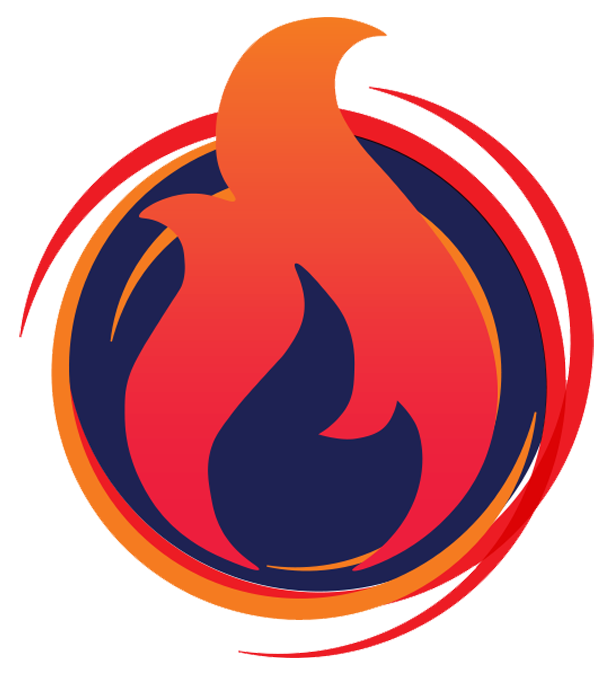About the District
Keeping Up with Our Growth!
It is our commitment to provide state-of-the-art facilities for students, and thanks largely to the community's support for five bond referenda, the most recent having been passed for $61 million in November 2018. These votes have been passed with overwhelming winning margins since school improvement efforts began in 1989.
Agency | Office Hours |
|---|---|
Evander Simpson Building PO Box 1336 | 7:30 a.m. - 5:00 p.m. |
A.G. Glenn Building
| 7:30 a.m. - 5:00 p.m. |
Bus Garage
| 6:00 a.m. - 5:00 p.m. |
Facility Services Building
| 7:30 a.m. - 4:30 p.m |
West Campus
| 7:30 a.m. - 5:00 p.m. |
Accountability
North Carolina’s standards are focused on the most critical knowledge and skills that students need to learn to be successful at the next grade level and life after high school. Corresponding assessments include more open-ended questions and real-world applications of student learning. In practical terms, this means students are expected to master more relevant material, to solve problems that reflect real-world questions, and to express their ideas clearly and with supporting facts.
Although North Carolina public school students have been taking end-of-grade and end-of-course assessments since the early 1990s, the new assessments are more rigorous and are based on standards that no longer focus only on grade-level proficiency but also on career and college readiness measures designed to help students be successful after
high school graduation.
View the current District Accountability Results.
For a more detailed explanation, view the NCDPI Accountability Framework.
Additional information may be found on the N.C. Department of Public Instruction's website.
Read to Achieve
As part of the Read to Achieve law (G.S. §115C-83.1) passed by the General Assembly in 2012, third-grade students receive extra attention in North Carolina. Under this state law, third-grade students who are not reading at grade level by the end of third grade will receive extra help, including summer reading camp and other interventions to make sure that they can read well enough to be able to do fourth-grade work.
View the Johnston County Public Schools Read to Achieve Results.
State Report Card
North Carolina’s school report cards are an important resource for parents, educators, state leaders, researchers, and others, providing information about school- and district-level data in a number of areas. These include student performance and academic growth, school and student characteristics, and many other details.
The state report cards are presented two different ways, designed to meet the needs of all users. An interactive, easy-to-navigate section is available here. This citizen-friendly website addresses the need for quick reference on topics that are most important to parents and educators.
